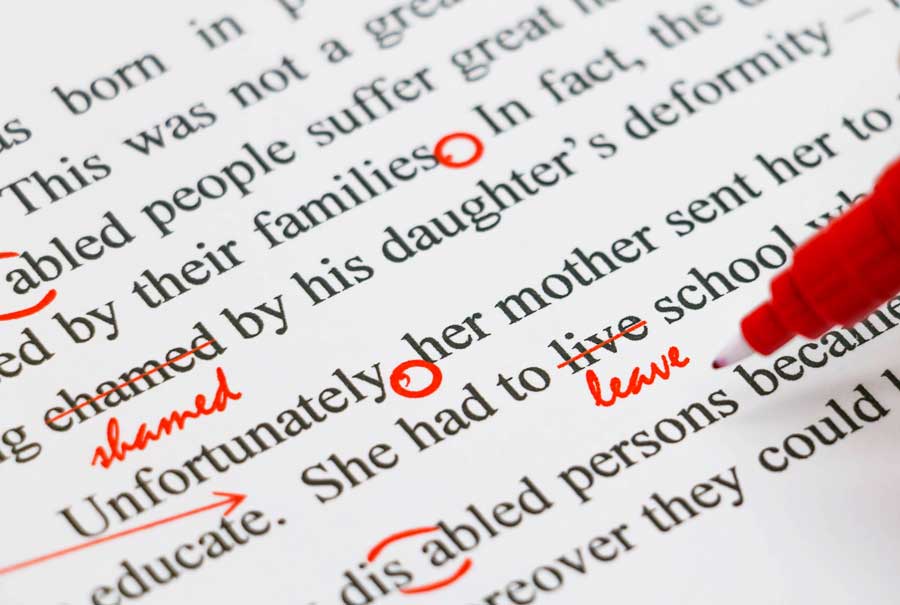Building Bridges, Not Barriers: Supporting English Language Learners Worldwide
Dear Valued iTEP Community, Recent Trump administration actions—including halting new
Learning English can be tough, especially when it comes to grammar. But don’t worry! With practice and some helpful tips, you can fix common grammar mistakes. Let’s explore some frequent errors in detail and learn how to avoid them.
One common mistake is not matching the subject with the correct verb form. For example:
Tip: Singular subjects (like she, he, it) usually need verbs that end in “s” (goes, runs, eats). Plural subjects (they, we) do not.
Choosing the wrong tense can change your meaning. For instance:
Tip: Learn the basic tenses:
English sentence structure can be tricky. A common error is placing words in the wrong order:
Tip: The usual order is subject + verb + object, with time expressions often at the end.
Articles (a, an, the) can be confusing. Here are some tips:
Prepositions (in, on, at, by) can be tricky. Here are a few common uses:
Avoid using double negatives, as they make your sentence positive and confusing:
Tip: Use only one negative word to express a negative idea (I don’t have any money).
Sometimes learners mix up singular and plural forms:
Tip: Learn the irregular plural forms (child -> children, foot -> feet).
If you want to improve your English, the International Test of English Proficiency (iTEP) Academic Exam is a great goal. The iTEP Academic Exam measures your skills in reading, writing, listening, speaking, AND grammar!
Preparing for the iTEP Academic Exam can help you improve your grammar and overall English proficiency. iTEP Academic Prep Courses offer many benefits:
Fixing grammar mistakes is an important step in learning English. By understanding and practicing these common errors, you can improve your communication skills. Preparing for exams like the iTEP Academic Exam with targeted courses can boost your confidence and proficiency. Keep practicing, and you’ll see great improvement in your English grammar!


Dear Valued iTEP Community, Recent Trump administration actions—including halting new
A Message from Our CEO Dear Valued iTEP Community, Welcome
We use cookies to ensure you have the best experience. By clicking ‘Allow,’ you agree to our use of cookies.